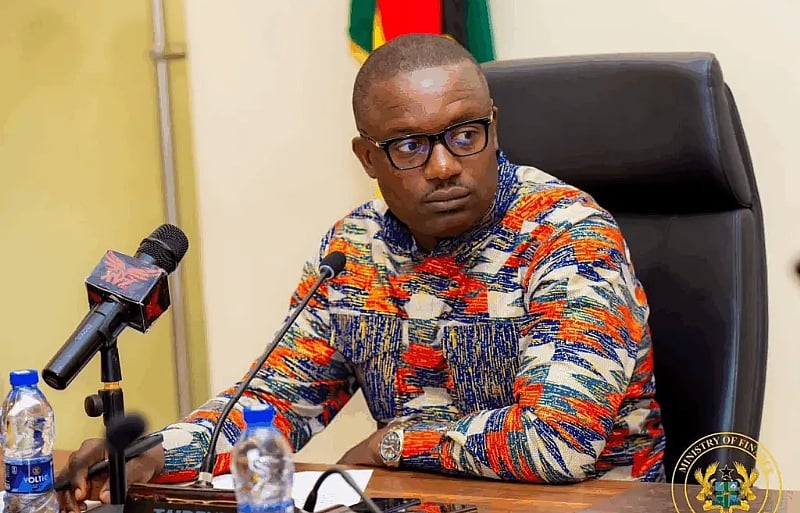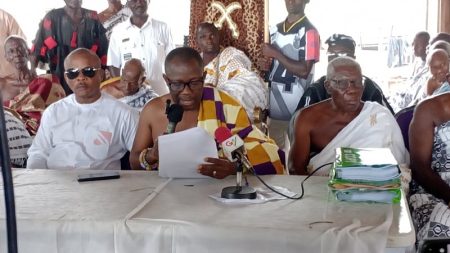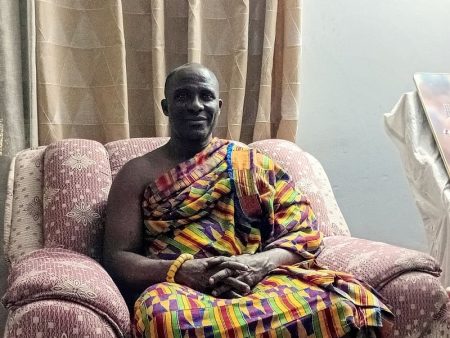Ghana’s ambitious pursuit of a green future has received a significant boost with the securing of $1 billion in climate financing. This substantial investment will fuel a range of crucial projects designed to accelerate the nation’s transition towards renewable energy and sustainable development. The funding will be strategically allocated across several key initiatives, including the Scaling-up Renewable Energy Program (SREP), the Forest Carbon Partnership Facility (FCPF), and the development of a robust project pipeline through the Green Climate Fund (GCF) and the Ghana Climate Innovation Centre. These initiatives represent a multi-pronged approach to tackling climate change and promoting sustainable growth, encompassing renewable energy expansion, forest conservation, and fostering innovation in the green sector.
The influx of funds aligns perfectly with Ghana’s newly approved five-year Renewable Energy and Green Transition Action and Investment Plan, a comprehensive roadmap designed to drive impactful interventions in the sustainable energy sector. This plan, anchored in the National Energy Transition Framework and the Renewable Energy Master Plan, sets forth a series of strategic objectives, including the implementation of smart solar street lighting, the installation of electric vehicle superchargers along major highways, and a significant increase in renewable energy capacity to at least 1,400 megawatts. These initiatives are expected to not only reduce Ghana’s reliance on fossil fuels but also enhance energy access and promote cleaner transportation. Furthermore, the plan incorporates a target of achieving near-universal electrification, aiming for 99.98 percent electricity access nationwide by 2030, a crucial step towards improving living standards and fostering economic development.
To facilitate these transformative projects and unlock further investment, Ghana has established the Renewable Energy and Green Transition Investment Fund. This fund will serve as a catalyst for attracting private capital, promoting innovation, and supporting crucial research and development in the green sector. Recognizing that a successful energy transition requires more than just technological advancements, Ghana is prioritizing the development of human capital and institutional capacity. The nation is actively collaborating with international partners, including the International Solar Alliance and the World Bank, to implement capacity-building programs and establish Centers of Excellence dedicated to training a skilled workforce for the green energy sector.
Investment in technical and vocational education is also a key component of Ghana’s strategy. The government is committed to equipping young people with the skills necessary to thrive in the evolving green economy, focusing on areas such as renewable energy, electrical systems, green construction, and clean mobility. Selected training centers are being upgraded to serve as regional hubs for green technologies, ensuring that the workforce is prepared for the jobs of the future. This holistic approach recognizes that a sustainable energy transition requires a skilled workforce capable of driving innovation and implementing new technologies effectively.
Ghana’s export strategy is also adapting to the changing global economic landscape. The nation is seeking to enhance its competitiveness in international trade by focusing on value-driven exports. The country’s diversified export portfolio encompasses a wide range of products and services, from agricultural goods and processed industrial inputs to arts and crafts, manufactured goods, and service-based offerings, targeting a growing number of global markets. Educational diplomacy is seen as a crucial driver of economic growth, and the University of Energy and Natural Resources (UENR) is playing a key role in fostering international partnerships and collaborations. Joint research programs, student exchange schemes, and global academic partnerships are expected to strengthen Ghana’s soft power and open up new avenues for trade and investment.
The securing of $1 billion in climate financing marks a significant milestone in Ghana’s journey towards a sustainable future. This investment, combined with the nation’s comprehensive action plan, strategic partnerships, and focus on human capital development, positions Ghana as a leader in the African green transition. By embracing renewable energy, promoting sustainable development, and investing in its people, Ghana is laying the foundation for a prosperous and resilient future, demonstrating its commitment to tackling climate change and building a greener economy. The success of these initiatives will not only benefit Ghana but also serve as a model for other nations striving to achieve a sustainable and prosperous future.














